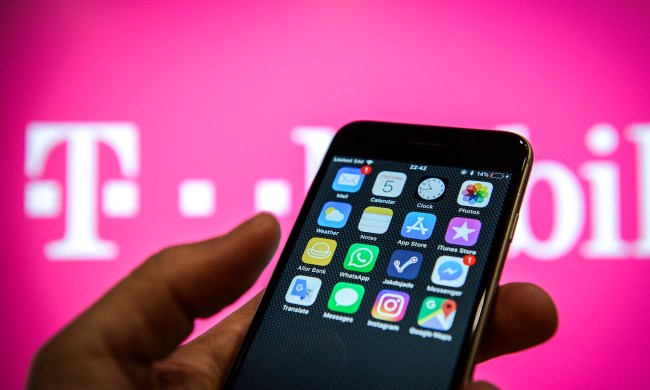
According to a statement by the Telecom Regulatory Authority of India, October was the magical month for the southeast Asian nation, officially crossing the storied mark with a total of 1.03 billion subscribers. This represented a 0.7 percent increase from September. The Indian mobile market dwarfs that of many European countries and the United States — in fact, the top carrier in the country alone (Bharti Airtel Ltd.) has over 200 million subscribers.
Much of the recent astronomical growth has been attributed to the availability of cheaper, more accessible smartphones. Extremely low call rates have also contributed to the rise in mobile phone’s popularity, driven primarily by intense competition amongst various operators looking to tap into the burgeoning Indian marketplace.
Though China is still considered the largest mobile market (the nation crossed 1 billion subscribers way back in 2012), it is becoming increasingly apparent that India will also play a major role in years to come. And indeed, smartphone popularity shows no signs of slowing.
As Bloomberg reports, some 12 operators are in play in India, making for fierce competition that works in users’ favors, but also resulting in smaller profit margins and lower tariffs. Indeed, Fitch Ratings has expressed concern about too much competition across the country, noting that it “expects only the largest five or six operators to emerge from the likely shake-out in the industry as smaller players exit or get acquired.”
Still, it’s an almost welcome problem to have as technology continues to make its way around the world.


